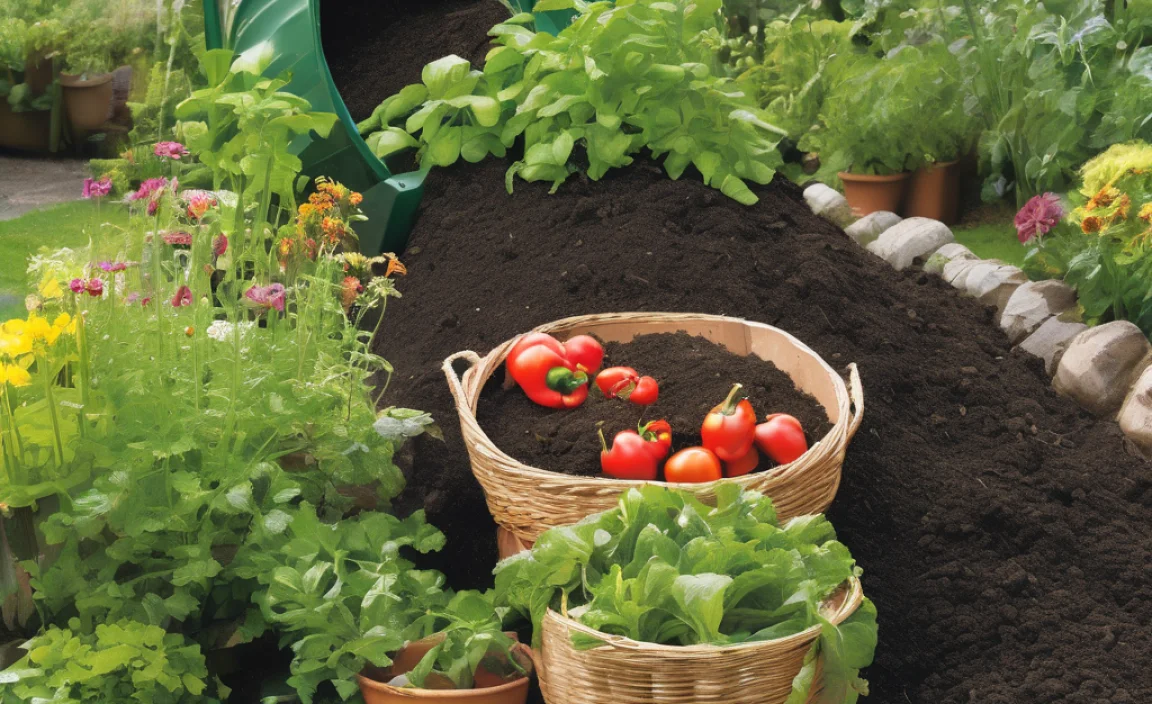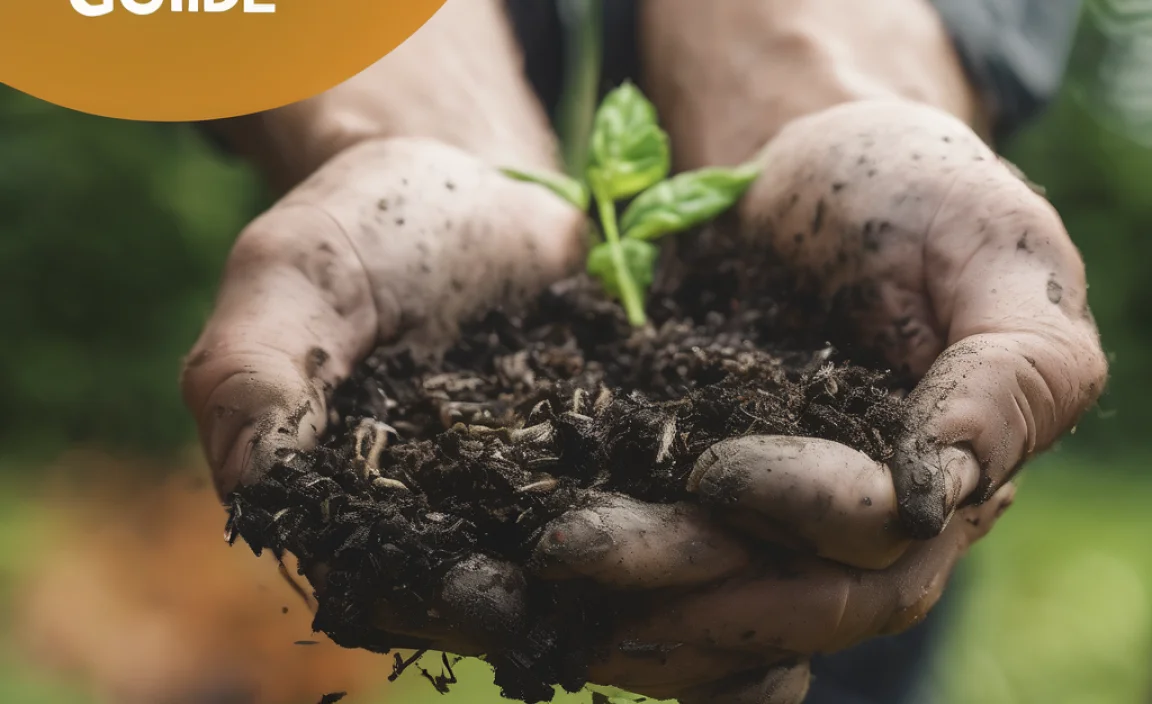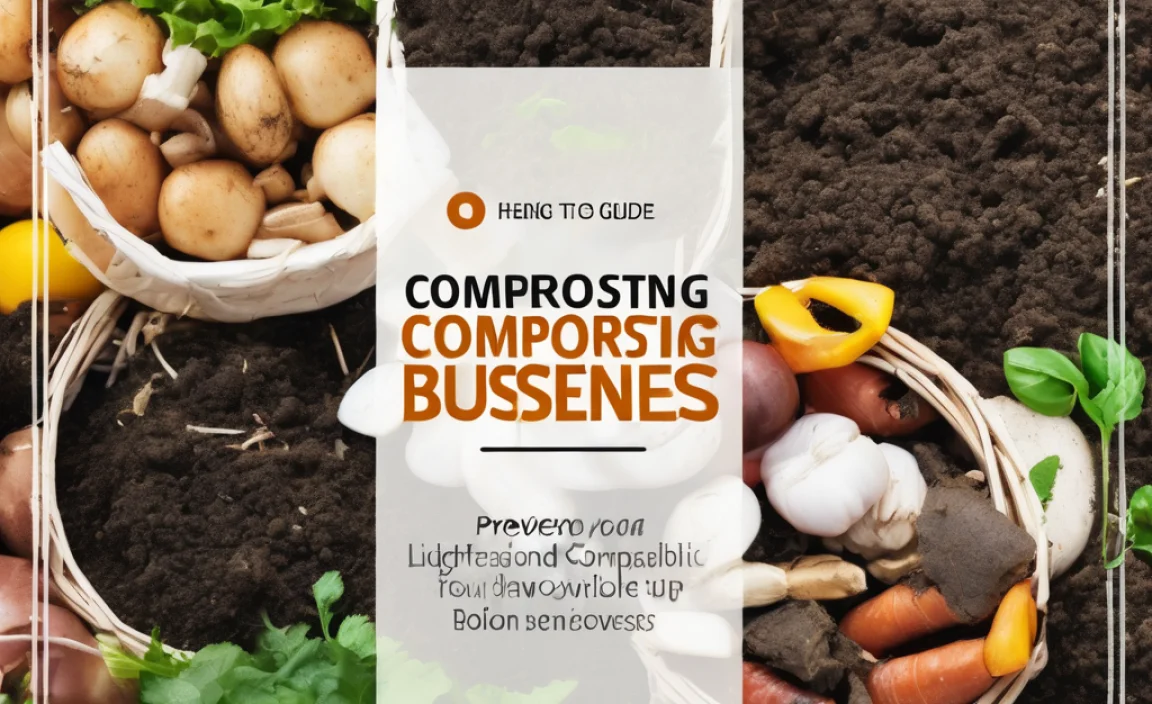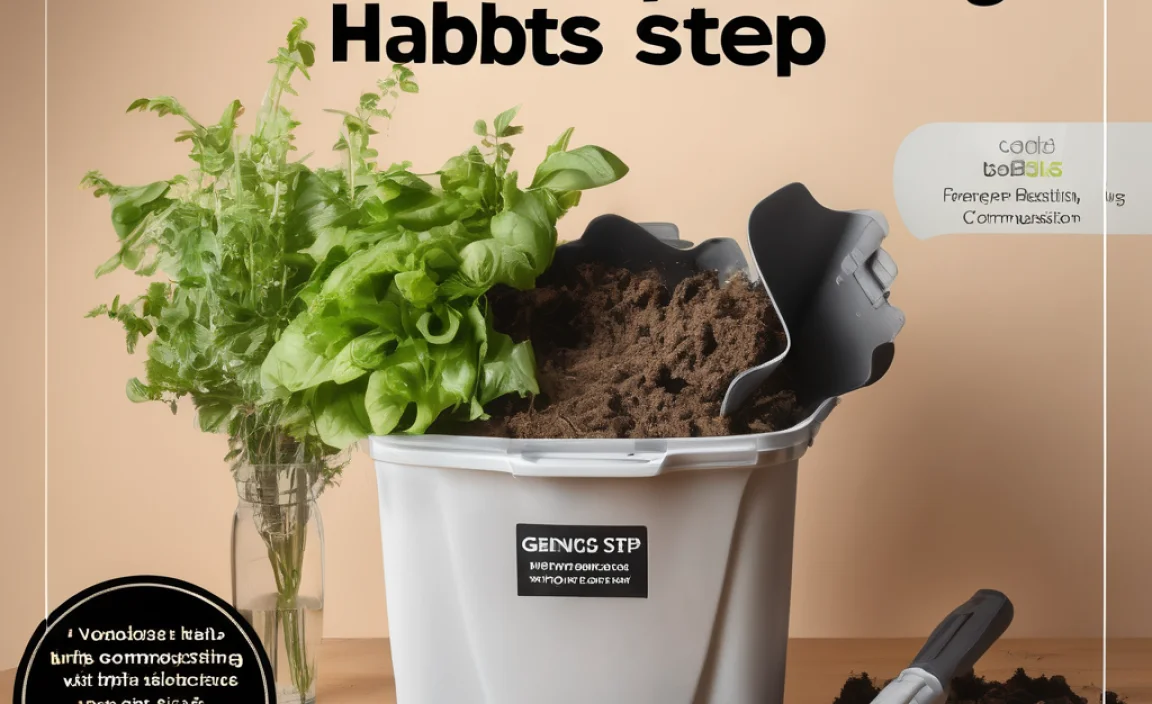Have you ever wondered how kitchen scraps turn into rich soil? It’s all about worm composting! Worms are nature’s little recyclers. They can eat food scraps and make compost fast. But how long does it really take? Let’s explore the fascinating world of worm composting time.
Key Takeaways
- Worm composting is a quick way to recycle food scraps.
- Worm composting time varies with conditions and care.
- Worms need a cozy home and balanced diet for best results.
- Check moisture, temperature, and food for healthy composting.
- Compost is usually ready in 2-3 months.
The Basics of Worm Composting Time
Worm composting, also known as vermicomposting, is an efficient way to recycle. Worms eat food scraps and turn them into nutrient-rich compost. But how long does this process take? Typically, worm composting time ranges from two to three months. Factors like temperature, moisture, and food quality can speed up or slow down the process. Happy worms work fast, so keeping them content is key. When worms have the right conditions, they can quickly break down food into compost.
- Ensure worms have enough food.
- Maintain proper moisture levels.
- Keep the bin at a steady temperature.
- Avoid overfeeding the worms.
- Check for signs of bin health.
To start, create a worm bin with bedding like shredded paper. Add worms and food scraps, and watch them work. Make sure to keep the bin moist but not too wet. Worms like temperatures around 60-80 degrees Fahrenheit. Too hot or cold can slow them down. With care, worms will transform kitchen waste into black, crumbly compost. This compost enriches garden soil and helps plants grow.
Fun Fact: Worms can eat half their weight in food every day!
What Are Worms’ Favorite Foods?
Worms are picky eaters, but they love certain foods. Fruits, vegetables, and coffee grounds are top choices. Avoid feeding them citrus fruits, onions, or meat. These can make the bin smell bad and slow down composting. Worms especially enjoy banana peels and apple cores. Wouldn’t you want to keep your worms happy and busy? By feeding them well, you’ll see quicker composting results.
How Does Temperature Affect Composting?
Temperature plays a big role in worm composting time. Worms thrive in moderate temperatures around 60 to 80 degrees Fahrenheit. Too much heat or cold can slow them down. Have you ever felt sluggish in extreme temperatures? Worms feel the same way! By maintaining a cozy environment, you ensure your worms work efficiently. Keep the bin out of direct sunlight or freezing conditions.
Why Is Moisture Important?
Moisture is crucial for worm composting. Worms breathe through their skin, which needs to stay moist. If the bin is too dry, worms may not survive. On the other hand, too much water can drown them. Think of it like a damp sponge. You want it moist, not dripping. Check the moisture level by feeling the bedding. It should be like a wrung-out sponge. Adjust as needed to keep your worms healthy and active.
Best Conditions for Worm Composting
Creating the best conditions for worm composting is simple. Start with a well-ventilated bin and quality bedding. Add worms and feed them regularly with the right foods. Monitor the bin’s temperature, moisture, and pH levels. These factors affect how quickly worms can compost. A balanced environment ensures worms are comfortable and productive. By meeting their needs, you’ll get faster composting results.
- Use a bin with good airflow.
- Check the pH balance regularly.
- Rotate food scraps for even breakdown.
- Monitor for pests or signs of stress.
- Keep the bin in a stable environment.
It’s important to avoid overloading the bin with too much food. This can create a smelly environment and slow down the composting process. Regularly removing finished compost will give worms more space to work. By maintaining a clean and balanced bin, you help worms turn waste into treasure.
Fun Fact: There are over 6,000 species of earthworms!
What If Worms Stop Eating?
If worms stop eating, something might be wrong. Check the moisture and temperature first. Is it too hot or too dry? Worms need a stable environment to thrive. Remove any smelly, rotting food, and give fresh scraps. Are the worms overcrowded? If so, they may need more space. Providing the right conditions helps get them back on track.
Is It Okay to Add Paper?
Adding paper is a great idea! Worms love shredded paper as bedding. It helps keep moisture levels stable and adds carbon to balance their diet. Have you ever seen a worm wriggling through damp paper? They find it cozy! Just make sure it’s plain paper without ink or chemicals. Your worms will thank you for providing a soft, safe bed.
Can Worms Handle All Food Waste?
Worms can’t handle all types of food waste. Avoid giving them meat, dairy, or greasy foods. These can attract pests and create bad smells. Stick to fruits, vegetables, and grains for optimal results. By choosing the right foods, you ensure a healthy, productive bin. Think of it as feeding a pet with special dietary needs.
Understanding Worm Composting Time Variations
Worm composting time can vary based on several factors. Environmental conditions, worm health, and food type all play a role. In ideal conditions, worms can produce compost in two to three months. Changes in temperature or moisture can speed up or slow down the process. For example, a warm and moist environment can lead to faster composting. Understanding these variations helps you manage your worm bin effectively.
- Monitor temperature and adjust as needed.
- Ensure proper moisture levels consistently.
- Feed worms a balanced diet.
- Check for overcrowding regularly.
- Keep track of composting progress.
Worms work best when they have good conditions and the right food. Too much or too little of anything can affect their performance. By understanding the factors that influence composting time, you can optimize the process. Happy worms will produce rich compost faster.
Fun Fact: Worms have five hearts!
How to Speed Up Composting
Want to speed up worm composting time? Start by chopping food scraps into smaller pieces. This makes it easier for worms to digest. Keep the bin warm and moist, and rotate the food for even breakdown. Have you ever noticed how quickly small pieces decompose compared to large ones? Worms appreciate finely chopped food!
Signs of Healthy Composting
Healthy composting means active, happy worms. Look for crumbly, dark compost with no foul odors. Are your worms moving and feeding actively? Great! It means the conditions are right. Regularly check the bin for any signs of trouble, like pests or excessive moisture. Address issues quickly to maintain a healthy environment.
Mixing Compost for Better Results
Mixing the compost can help speed up the process. Turn the bin gently to distribute food and bedding evenly. This helps worms access fresh scraps and air. Have you ever tried stirring a soup? It helps blend the flavors. Mixing compost works in a similar way by promoting even breakdown.
Comparing Worm Composting with Other Methods
Worm composting isn’t the only way to recycle food scraps. Other methods include traditional composting, bokashi, and tumble composting. Each method has its own benefits and drawbacks. Worm composting is ideal for small spaces and indoor use. It requires less effort and produces high-quality compost. In contrast, traditional composting and tumble bins may require more space and time.
| Method | Space Required | Time to Compost | Ease of Use |
|---|---|---|---|
| Worm Composting | Small | 2-3 Months | Easy |
| Traditional Composting | Large | 6-12 Months | Moderate |
| Bokashi | Small/Medium | 6 Weeks | Moderate |
| Tumble Composting | Medium | 3-4 Months | Easy |
- Consider space availability when choosing a method.
- Evaluate the time commitment needed for each method.
- Think about ease of use and maintenance.
- Check the quality of compost produced.
- Determine which method suits your lifestyle.
While traditional composting may take longer, it can handle larger volumes of waste. Bokashi composting is faster but involves an extra fermentation step. Tumble composting offers convenience but requires regular turning. Choose the method that best fits your needs and space.
Fun Fact: Composting reduces waste by 30% or more!
Why Choose Worm Composting?
Worm composting is great for kids and beginners. It’s easy and mess-free. Kids love watching worms eat scraps and make compost. It’s a fun way to learn about recycling and nature. Wouldn’t you like to see how worms turn waste into soil? Start small and see big results.
How Does Bokashi Work?
Bokashi composting is different from worm composting. It uses special microbes to ferment food waste. The process takes about six weeks. You then add the fermented waste to soil, where it breaks down further. Bokashi is ideal for those with limited space. It’s a faster way to handle food scraps, but requires an extra step.
Is Traditional Composting Still Useful?
Traditional composting remains a popular choice. It works well for larger gardens and yards. The process takes longer, but it can handle more waste. If you have space and patience, traditional composting is effective. It produces rich, natural compost to nourish your garden. Are you willing to wait for great results?
Conclusion
Worm composting is a fantastic way to recycle food waste. It’s efficient and perfect for small spaces. The worm composting time is usually around two to three months. By keeping the right conditions, worms produce nutrient-rich compost quickly. Start your worm composting adventure today and turn waste into garden gold.
FAQs
Question: How long does worm composting take?
Answer: Worm composting time typically takes about two to three months. It depends on factors like temperature, moisture, and food quality. If worms have the right conditions, they can make compost faster.
Question: What should I avoid feeding worms?
Answer: Avoid feeding worms citrus fruits, onions, meat, and dairy. These items can cause bad smells and attract pests. Stick to fruits, vegetables, and grains. This ensures a healthy, productive worm bin.
Question: Can I use newspaper for worm bedding?
Answer: Yes, shredded newspaper makes excellent bedding for worms. It helps maintain moisture and adds carbon to their diet. Make sure the paper is plain and free of ink or chemicals for the best results.
Question: How does temperature affect worm composting?
Answer: Temperature greatly affects worm composting time. Worms thrive at 60-80 degrees Fahrenheit. Extreme temperatures can slow them down. Maintain a stable temperature for faster composting results.
Question: What if my worms stop eating?
Answer: If worms stop eating, check the bin’s conditions. Ensure proper moisture, temperature, and food. Remove any rotting scraps and give fresh food. By correcting these issues, worms should resume eating.
Question: How can I speed up worm composting?
Answer: To speed up worm composting time, chop food scraps into small pieces. Maintain the right moisture and temperature levels. Rotate the food and bedding regularly. Creating ideal conditions helps worms work faster.




